Home>Maintenance & Safety>Home Maintenance Checklists>Why Do I Keep Getting Maggots In My Trash Can
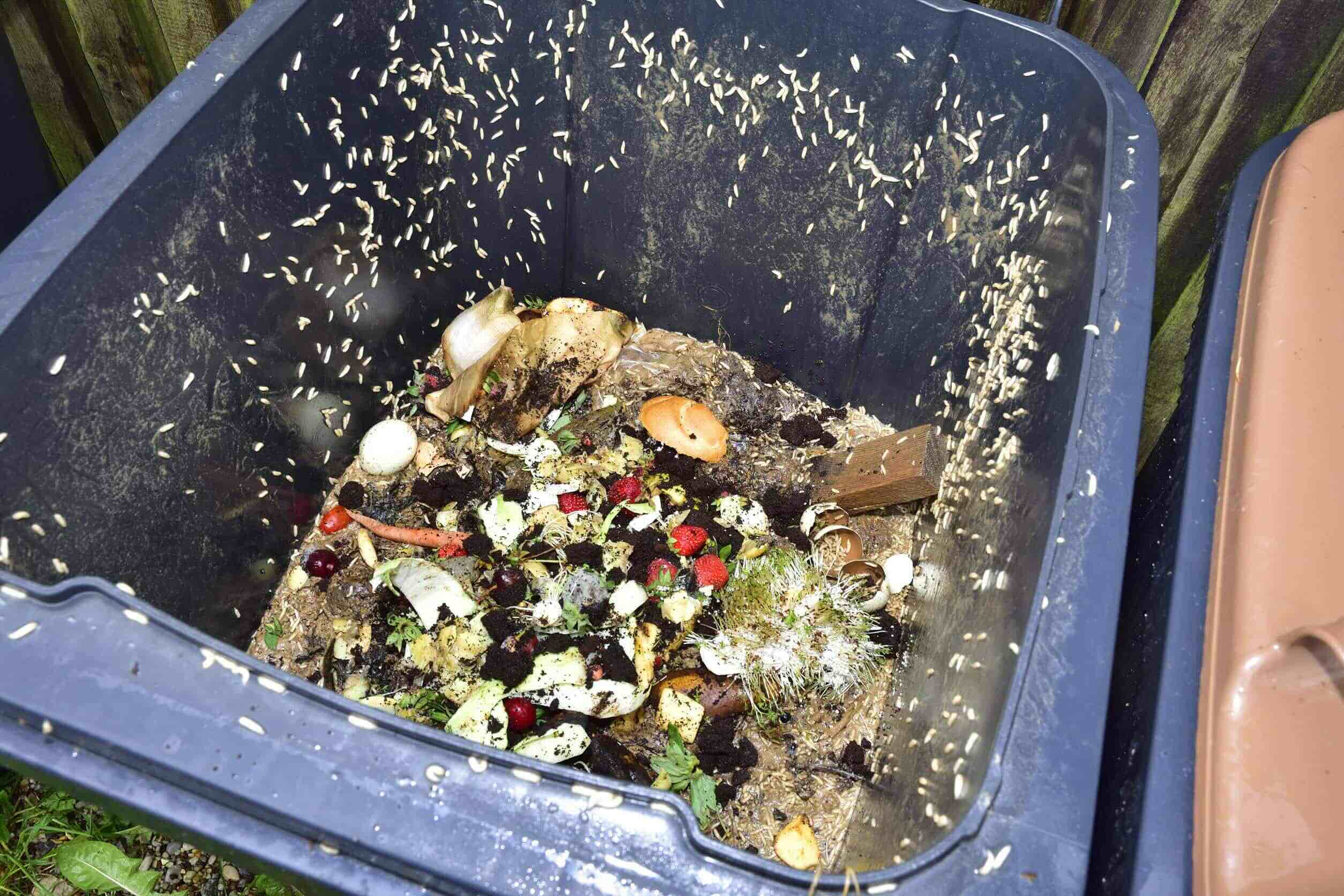

Home Maintenance Checklists
Why Do I Keep Getting Maggots In My Trash Can
Published: January 17, 2024
Learn how to prevent maggots in your trash can with our home maintenance checklists. Keep your home clean and pest-free. Discover effective tips now!
(Many of the links in this article redirect to a specific reviewed product. Your purchase of these products through affiliate links helps to generate commission for Storables.com, at no extra cost. Learn more)
Introduction
Have you ever opened your trash can only to be greeted by a wriggling mass of maggots? It's a sight that can make anyone squirm and wonder, "Why do I keep getting maggots in my trash can?" If you've experienced this unsettling phenomenon, you're not alone. Maggots, the larval stage of flies, are a common occurrence in trash cans, especially during the warmer months. Understanding the reasons behind their presence and learning how to prevent them can help you keep your trash can clean and maggot-free.
In this comprehensive guide, we'll delve into the world of maggots and explore the factors that contribute to their infestation in trash cans. By gaining insight into the life cycle of these unwelcome visitors and implementing effective prevention strategies, you can bid farewell to the unsettling sight of maggots in your trash can.
So, let's roll up our sleeves and embark on a journey to uncover the secrets of maggot infestations and discover the best practices for keeping them at bay. Whether you're a homeowner, a renter, or a property manager, this guide is your ticket to a cleaner, more hygienic trash can and a pest-free living environment.
Key Takeaways:
- Keep your trash can maggot-free by sealing food waste, regularly cleaning the can, and positioning it away from direct sunlight to deter flies and disrupt their breeding grounds.
- Properly dispose of food waste by using sealable containers, composting, and minimizing liquid residues to reduce the likelihood of attracting flies and experiencing maggot infestations.
Read more: How Do I Get To My Trash Can
Understanding the Life Cycle of Maggots
Before we delve into the reasons for maggots appearing in your trash can, it's essential to understand the life cycle of these uninvited guests. Maggots are the larval stage of flies, and their presence indicates that flies have found a suitable environment for laying their eggs. The life cycle of maggots consists of four stages: egg, larva (maggot), pupa, and adult fly.
It all begins when adult flies, attracted by the scent of decaying organic matter, seek out suitable locations to lay their eggs. Trash cans, particularly those containing food scraps and other organic waste, provide an ideal breeding ground for flies. Once the eggs are laid, they hatch into larvae, commonly known as maggots. These legless, soft-bodied creatures voraciously feed on the decomposing material within the trash can, rapidly growing and developing.
After a period of feeding and growth, the maggots enter the pupal stage, during which they undergo a transformation inside protective casings. Finally, adult flies emerge from the pupae and begin the cycle anew, seeking out additional food sources and laying eggs to perpetuate the life cycle.
Understanding the life cycle of maggots sheds light on the importance of disrupting their breeding and feeding grounds to prevent infestations. By addressing the factors that attract flies and implementing measures to deter them, you can effectively break the cycle and minimize the risk of encountering maggots in your trash can.
Now that we've gained insight into the life cycle of maggots, let's explore the common causes of maggot infestations in trash cans and discover proactive strategies for preventing their unwelcome presence.
Common Causes of Maggots in Trash Cans
Several factors contribute to the presence of maggots in trash cans, and understanding these root causes is crucial for effective prevention. Here are some common reasons why maggots may infest your trash can:
- Food Waste: One of the primary attractants for flies and their resulting maggots is the presence of food waste in the trash can. Leftover food scraps, spoiled produce, and other organic materials provide an abundant food source for flies to lay their eggs and for maggots to thrive.
- Improper Waste Disposal: Inadequately sealed or uncovered trash cans make it easy for flies to access the contents and lay their eggs. Additionally, overflowing or uncollected trash can lead to a buildup of organic waste, creating an inviting environment for flies to breed.
- Warm and Humid Conditions: Flies are more active in warm, humid climates, and these conditions accelerate the decomposition of organic matter, providing an optimal habitat for maggots to flourish.
- Unwashed Trash Cans: Residual food particles and liquids left in unwashed trash cans can attract flies and contribute to the development of maggots. Without regular cleaning, the odors and remnants of previous waste can persist, attracting flies to lay their eggs.
- Delayed Trash Collection: Infrequent or irregular trash collection schedules can result in waste sitting in the trash can for extended periods, increasing the likelihood of fly infestations and maggot development.
By addressing these common causes, you can significantly reduce the risk of encountering maggots in your trash can. Implementing proactive measures to mitigate these factors will not only prevent maggot infestations but also contribute to a cleaner, more hygienic living environment.
Now that we've identified the common causes of maggot infestations, let's explore effective strategies for preventing maggots in your trash can.
To prevent maggots in your trash can, make sure to tightly seal all food waste in a plastic bag before throwing it away. Clean the trash can regularly to remove any residue that may attract flies and maggots.
How to Prevent Maggots in Your Trash Can
Preventing maggots in your trash can involves a combination of proactive measures aimed at eliminating attractants and disrupting the breeding and feeding grounds of flies. By implementing the following strategies, you can significantly reduce the likelihood of maggot infestations:
- Secure Trash Can Lid: Ensure that your trash can has a secure, tightly fitting lid to prevent flies from accessing the contents and laying their eggs. A latched or weighted lid can effectively deter flies and minimize the risk of maggot infestations.
- Proper Waste Disposal: Seal food waste in tightly closed bags before placing it in the trash can. Double-bagging particularly odorous or moist food scraps can further reduce the likelihood of attracting flies and maggots.
- Regular Cleaning: Thoroughly clean your trash can with a mixture of water and vinegar or a mild detergent to remove residual odors and food particles. Regular cleaning helps eliminate attractants and discourages flies from laying eggs in the vicinity.
- Use Trash Can Liners: Line your trash can with durable, leak-proof liners to contain liquids and prevent food waste from coming into direct contact with the interior surfaces. This additional barrier reduces the likelihood of odors and residues that attract flies.
- Timely Waste Disposal: Adhere to a regular trash collection schedule and avoid leaving trash sitting for extended periods. Prompt disposal of waste reduces the opportunity for flies to discover and lay eggs in the trash can.
- Odor Control: Consider using odor-absorbing products or natural remedies such as baking soda to minimize unpleasant odors emanating from the trash can. By addressing odors, you can make the environment less attractive to flies.
- Location Considerations: Position your trash can in a shaded area away from direct sunlight, as excessive heat can accelerate the decomposition of organic matter and attract flies. Additionally, placing the trash can on a hard, clean surface can discourage pests and facilitate easier cleaning.
By incorporating these preventive measures into your routine, you can create an inhospitable environment for flies and effectively minimize the risk of encountering maggots in your trash can. Consistency and diligence in implementing these strategies are key to maintaining a clean and pest-free trash can.
Now that we've explored proactive prevention strategies, let's shift our focus to the proper disposal of food waste, a critical aspect of preventing maggot infestations.
Proper Disposal of Food Waste
Effective management of food waste is paramount in preventing maggot infestations in your trash can. By adopting proper disposal practices, you can minimize the attraction of flies and significantly reduce the likelihood of encountering maggots. Here are essential guidelines for the proper disposal of food waste:
- Use Sealable Containers: Store food scraps and perishable items in sealable containers or resealable bags before placing them in the trash can. This containment helps contain odors and prevents flies from detecting and accessing the waste.
- Compost Organic Waste: Consider composting suitable food scraps and organic materials instead of disposing of them in the trash can. Composting not only reduces the volume of waste but also provides a sustainable way to manage organic matter without attracting flies.
- Freeze or Refrigerate Scraps: If possible, freeze or refrigerate food scraps until the scheduled trash collection day. Chilling the waste can help mitigate odors and deter flies from being attracted to the contents of the trash can.
- Minimize Liquid Residues: Drain excess liquids from food waste before disposing of it in the trash can. Liquid residues can accelerate decomposition and create an environment conducive to maggot development.
- Utilize Airtight Bags: Opt for airtight, leak-resistant bags to contain food waste, especially items prone to emitting strong odors. Double-bagging can provide an extra layer of protection against odors and potential leaks.
- Consider Waste Disposal Alternatives: Explore local waste disposal alternatives, such as green waste recycling programs or community composting initiatives, to divert organic waste from the standard trash can and minimize the risk of attracting flies.
By adhering to these best practices for food waste disposal, you can actively reduce the likelihood of attracting flies and experiencing maggot infestations in your trash can. Proper waste management not only contributes to a cleaner and more hygienic living environment but also minimizes the need for pest control interventions.
With a solid understanding of effective waste disposal practices, as well as proactive measures to prevent maggot infestations, you are well-equipped to maintain a clean and pest-free trash can. By implementing these strategies and fostering a habit of diligence in waste management, you can bid farewell to the unpleasant sight of maggots and enjoy a more sanitary living environment.
Read more: How Do You Get Rid Of Maggots In A Trash Can
Conclusion
As we conclude our exploration of the perplexing issue of maggot infestations in trash cans, it’s evident that a combination of understanding the life cycle of maggots and implementing proactive prevention strategies is key to maintaining a clean and pest-free environment. By gaining insight into the factors that attract flies and contribute to maggot infestations, you can take decisive steps to mitigate these risks and ensure a hygienic living space.
From the common causes of maggot infestations, such as food waste and warm, humid conditions, to the proactive measures for prevention, including securing trash can lids and proper waste disposal, our journey has unveiled essential knowledge for addressing this unsettling issue. Additionally, the emphasis on the proper disposal of food waste underscores the significance of responsible waste management in deterring flies and minimizing the likelihood of encountering maggots.
It’s important to recognize that maintaining a clean and pest-free trash can requires ongoing diligence and a commitment to implementing preventive measures consistently. By incorporating these practices into your routine, you can create an environment that is inhospitable to flies and their larval offspring, ultimately reducing the risk of maggot infestations and fostering a more pleasant living space for you and your household.
As you embark on the journey to keep your trash can free from maggots, remember that knowledge and proactive action are your greatest allies. With a keen understanding of the factors that contribute to maggot infestations and the implementation of effective prevention strategies, you can bid farewell to the unwelcome sight of wriggling larvae and enjoy a cleaner, more hygienic living environment.
So, armed with this newfound knowledge, it’s time to take charge and ensure that your trash can remains a maggot-free zone. By implementing these preventive measures and fostering a habit of responsible waste management, you can transform your trash can into a clean and odor-free receptacle, free from the unsettling presence of maggots.
Frequently Asked Questions about Why Do I Keep Getting Maggots In My Trash Can
Was this page helpful?
At Storables.com, we guarantee accurate and reliable information. Our content, validated by Expert Board Contributors, is crafted following stringent Editorial Policies. We're committed to providing you with well-researched, expert-backed insights for all your informational needs.
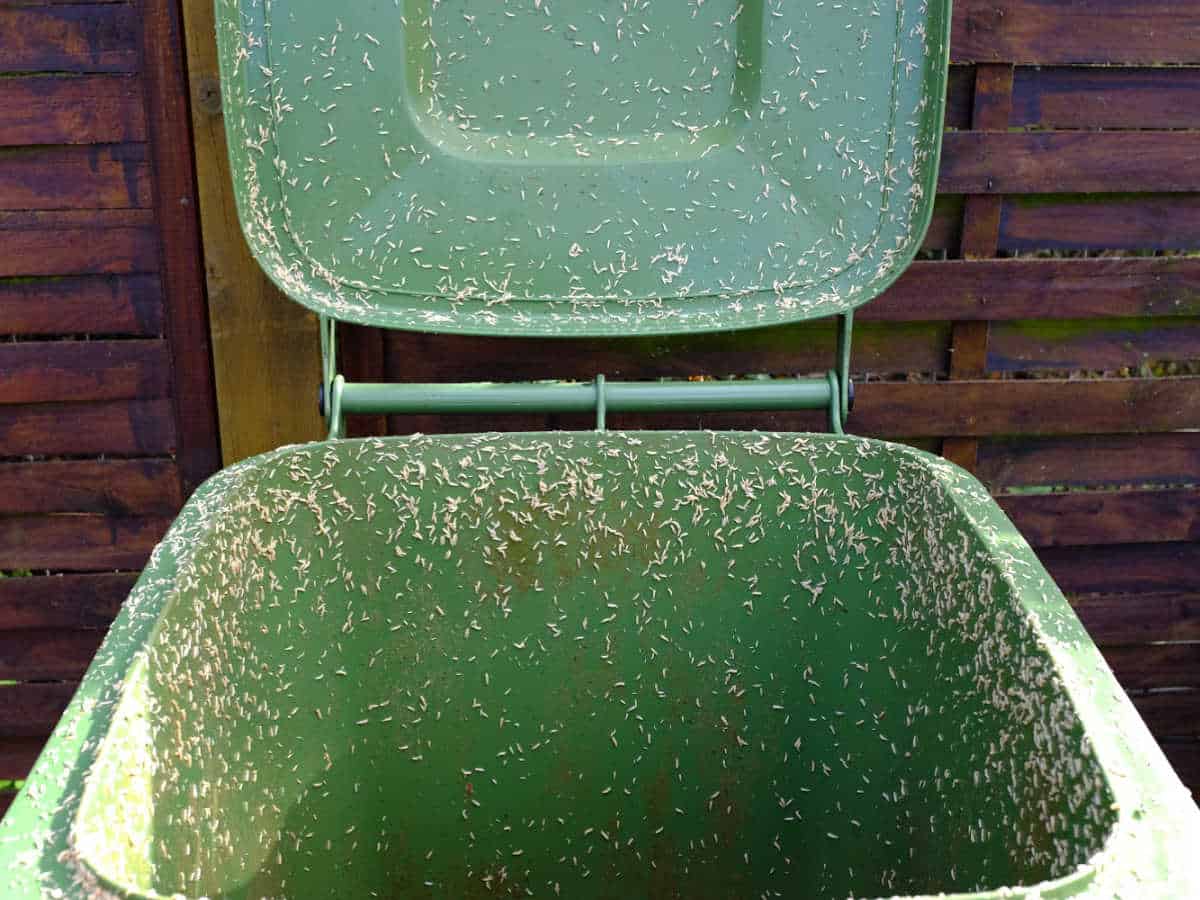
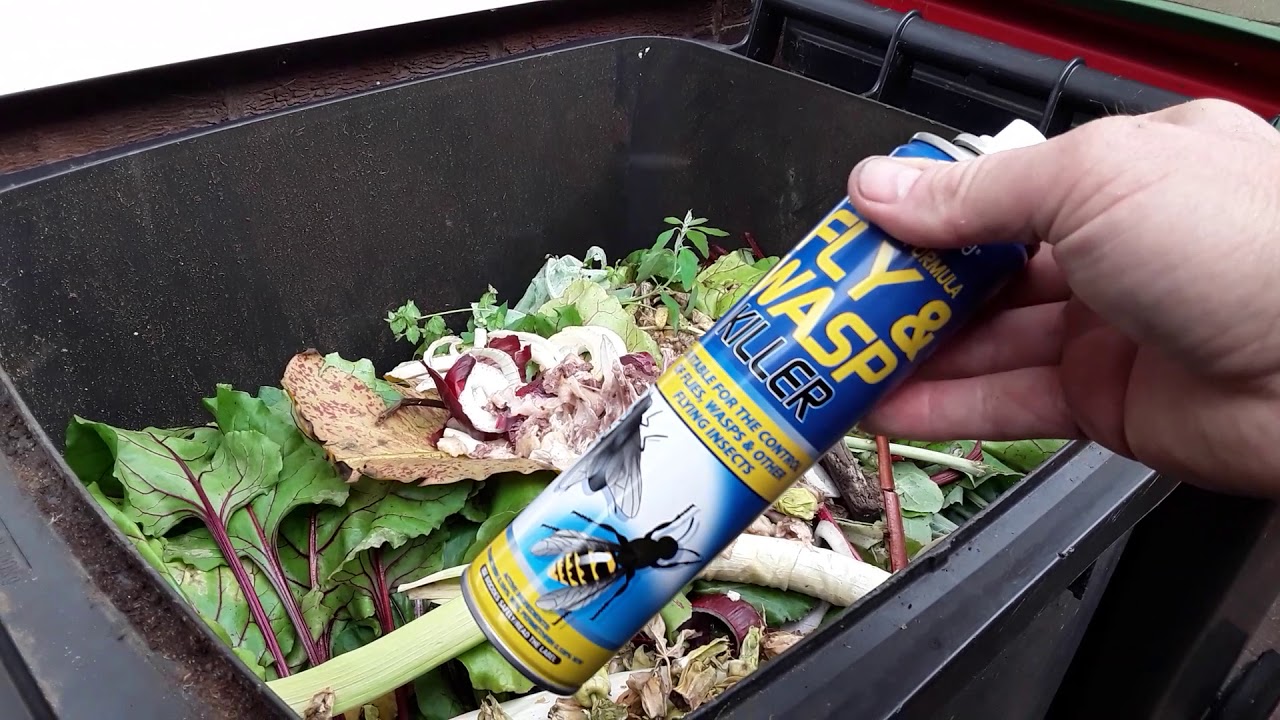
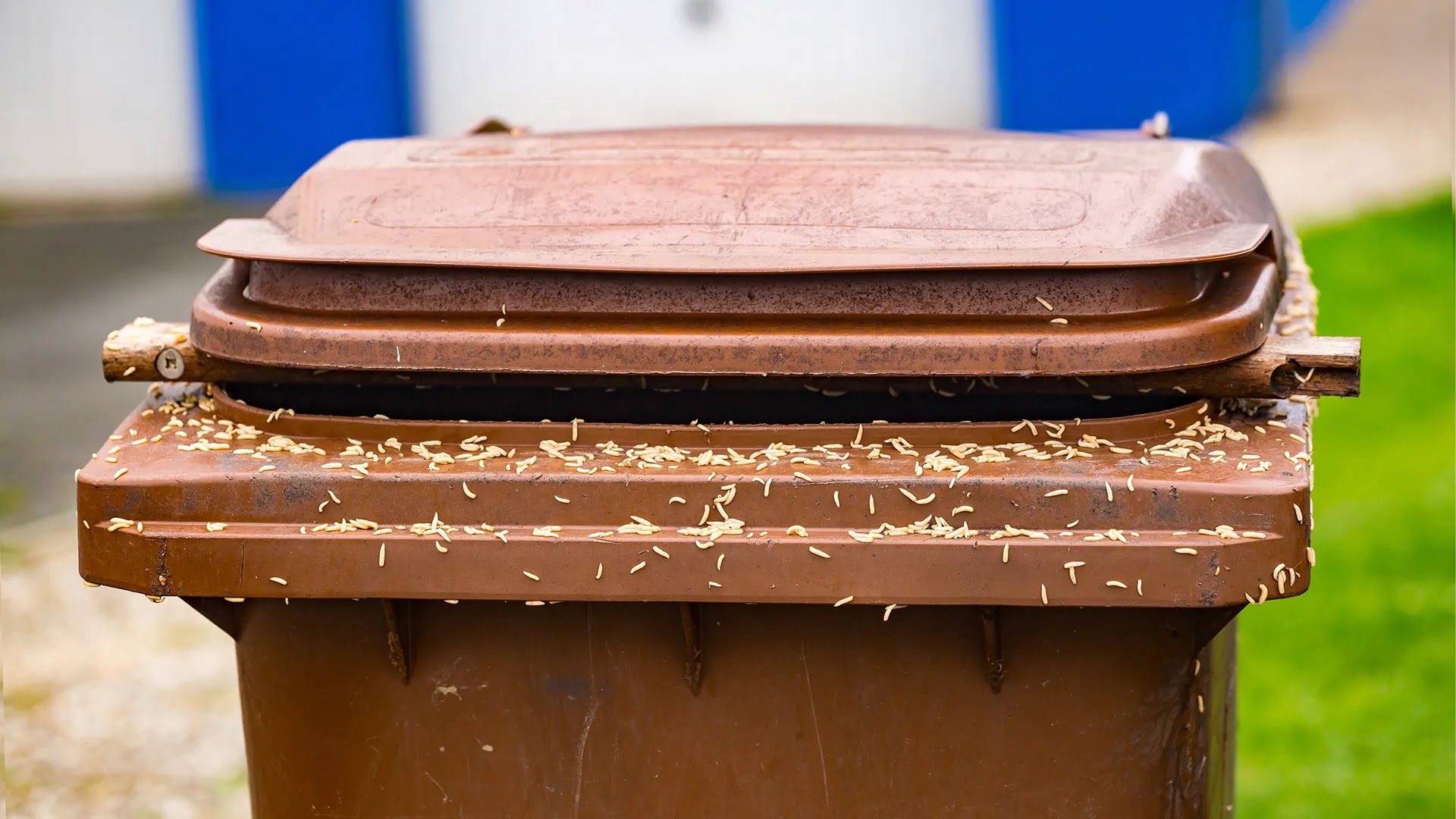

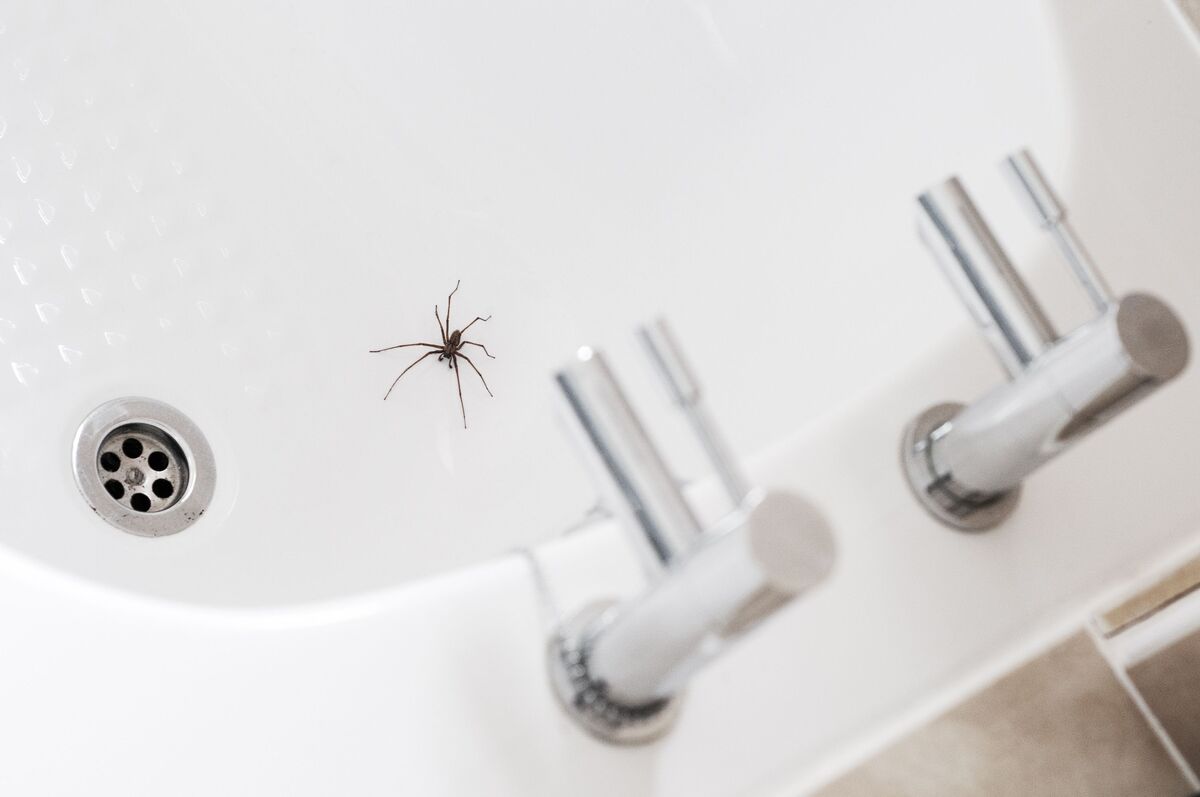
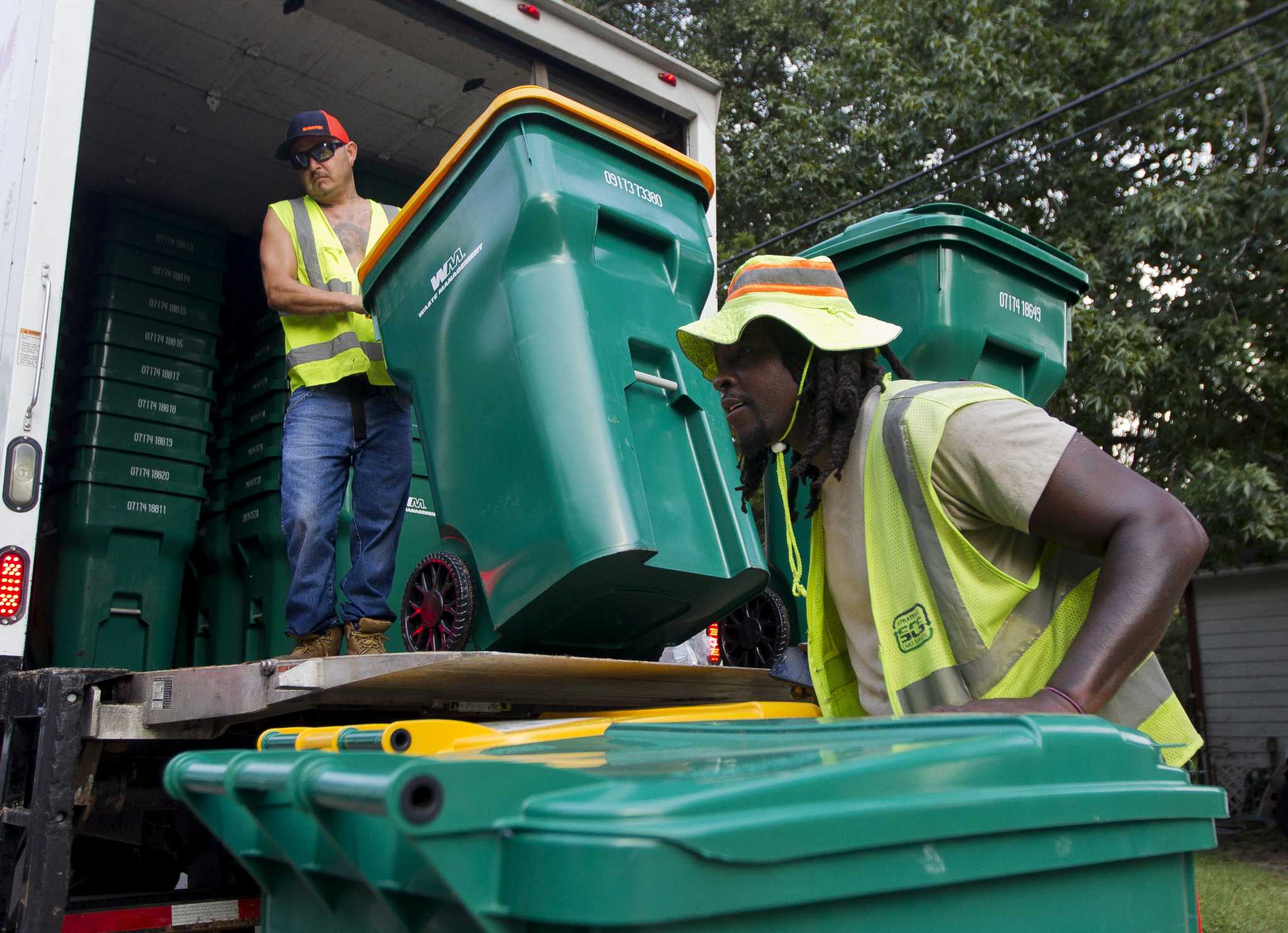


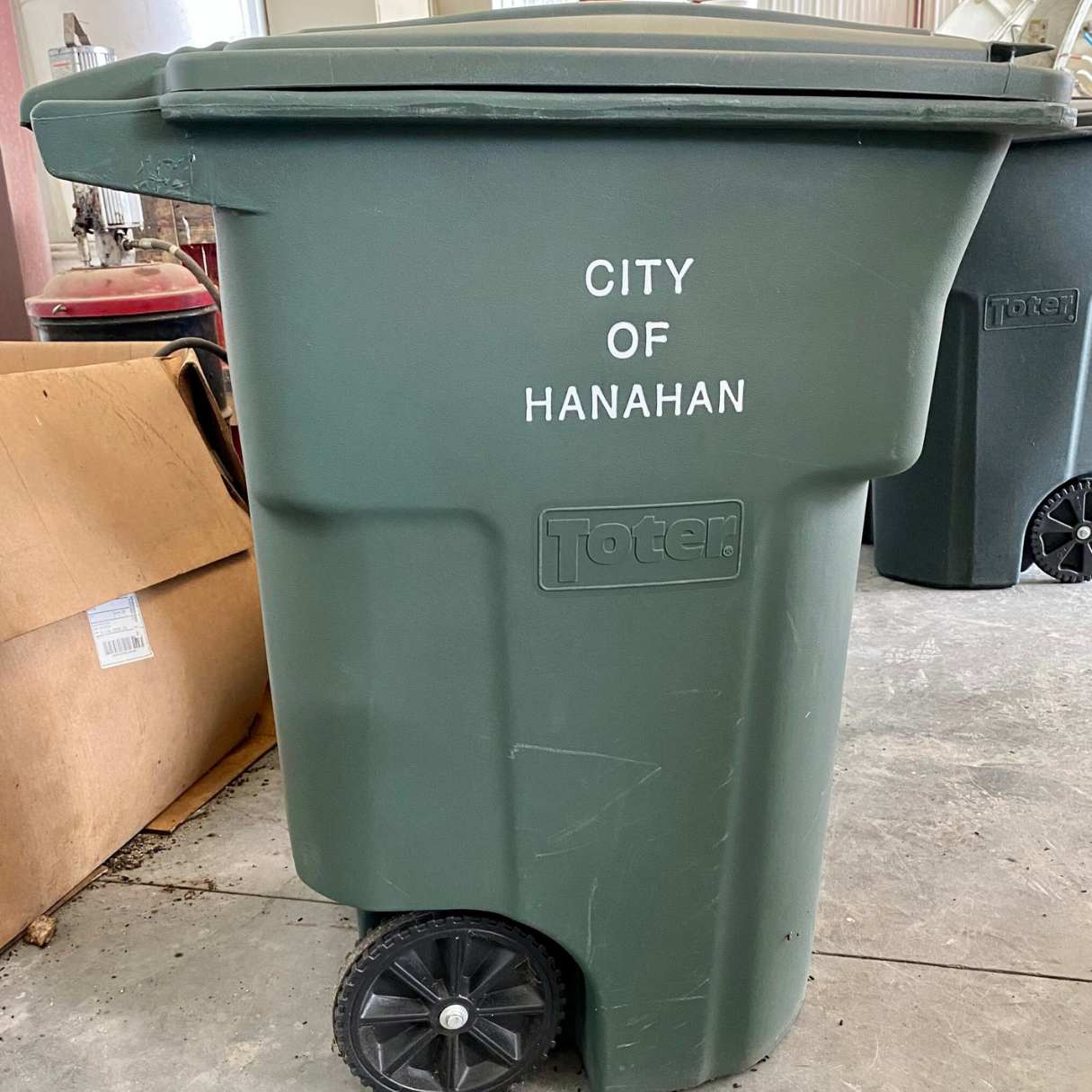
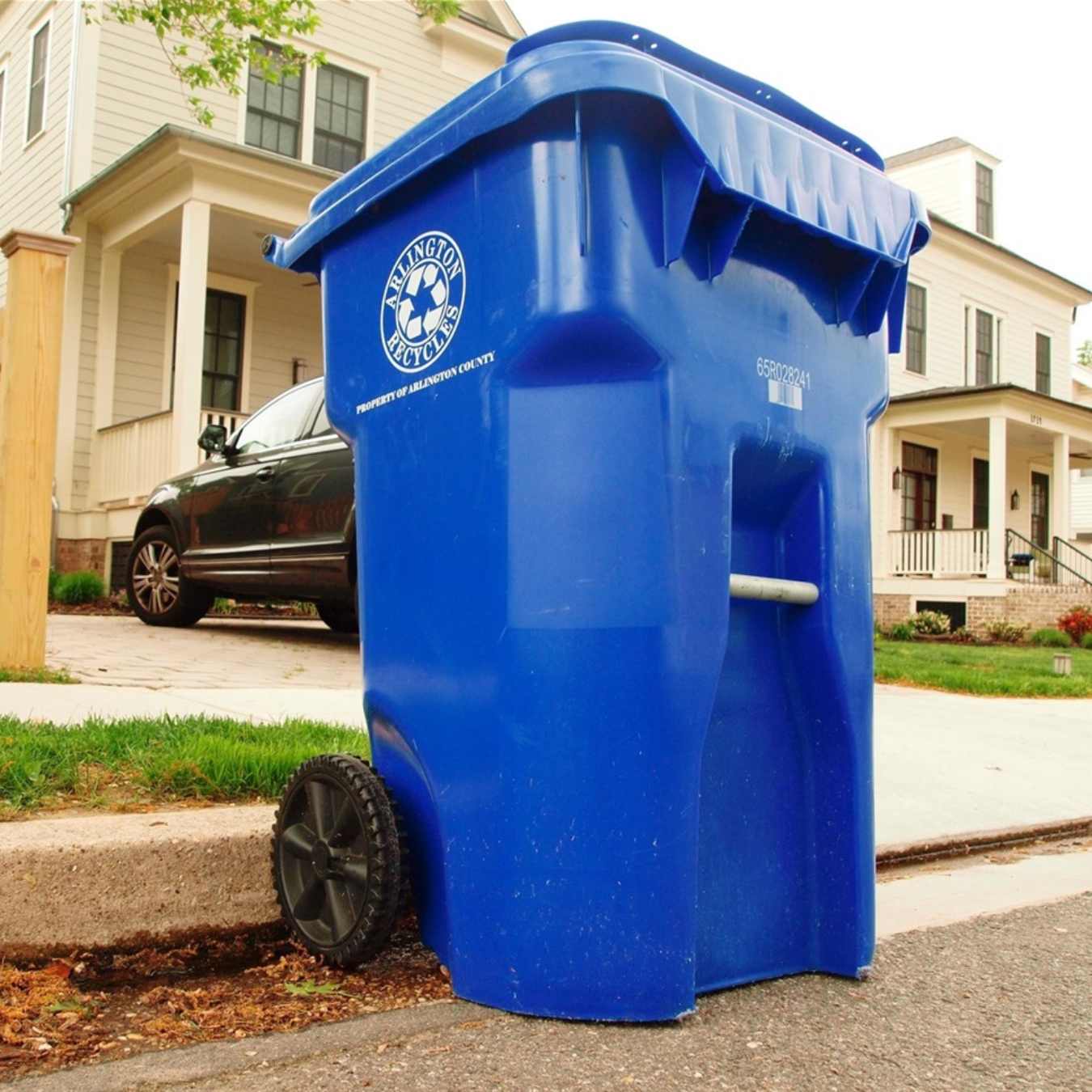
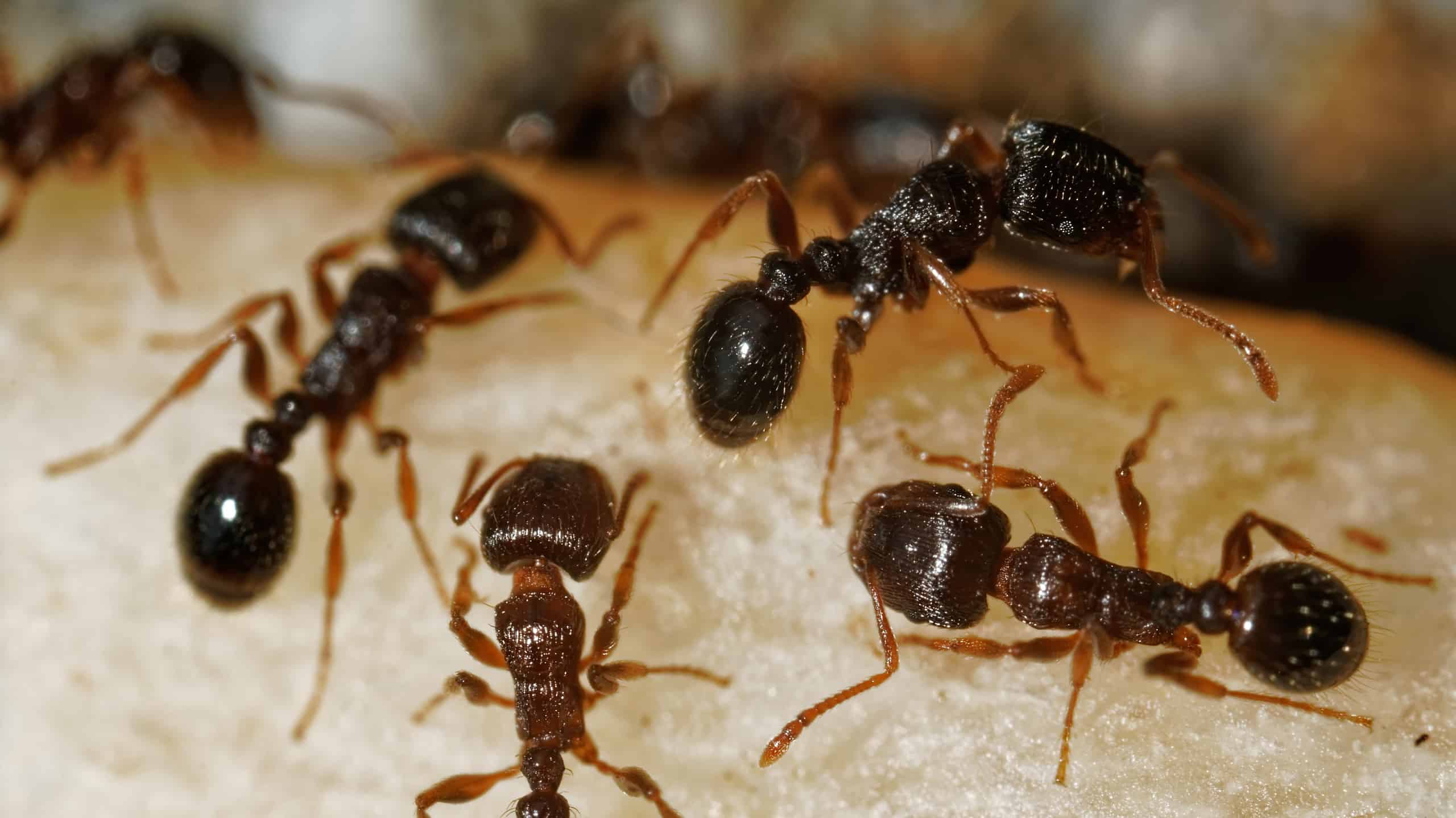
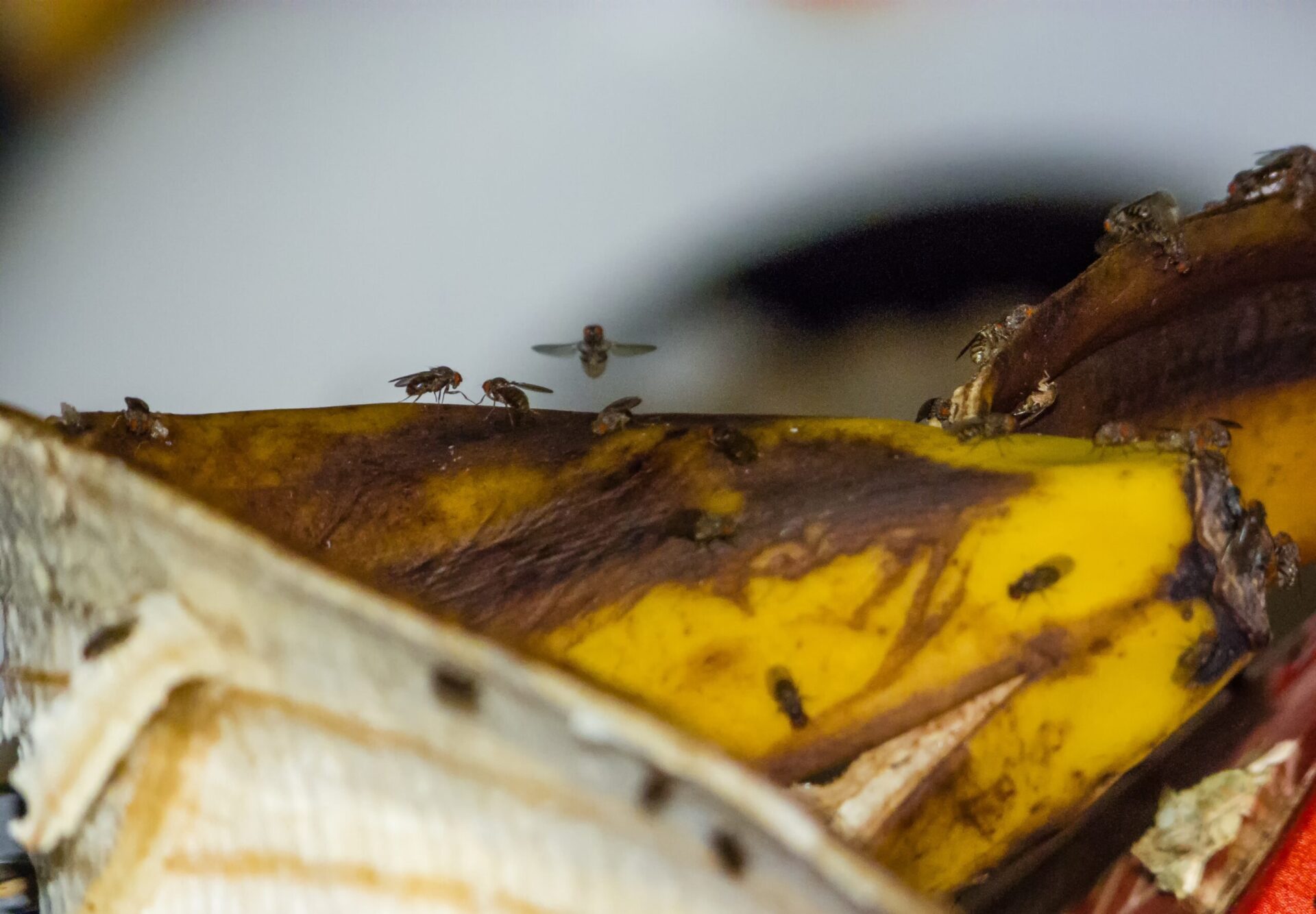
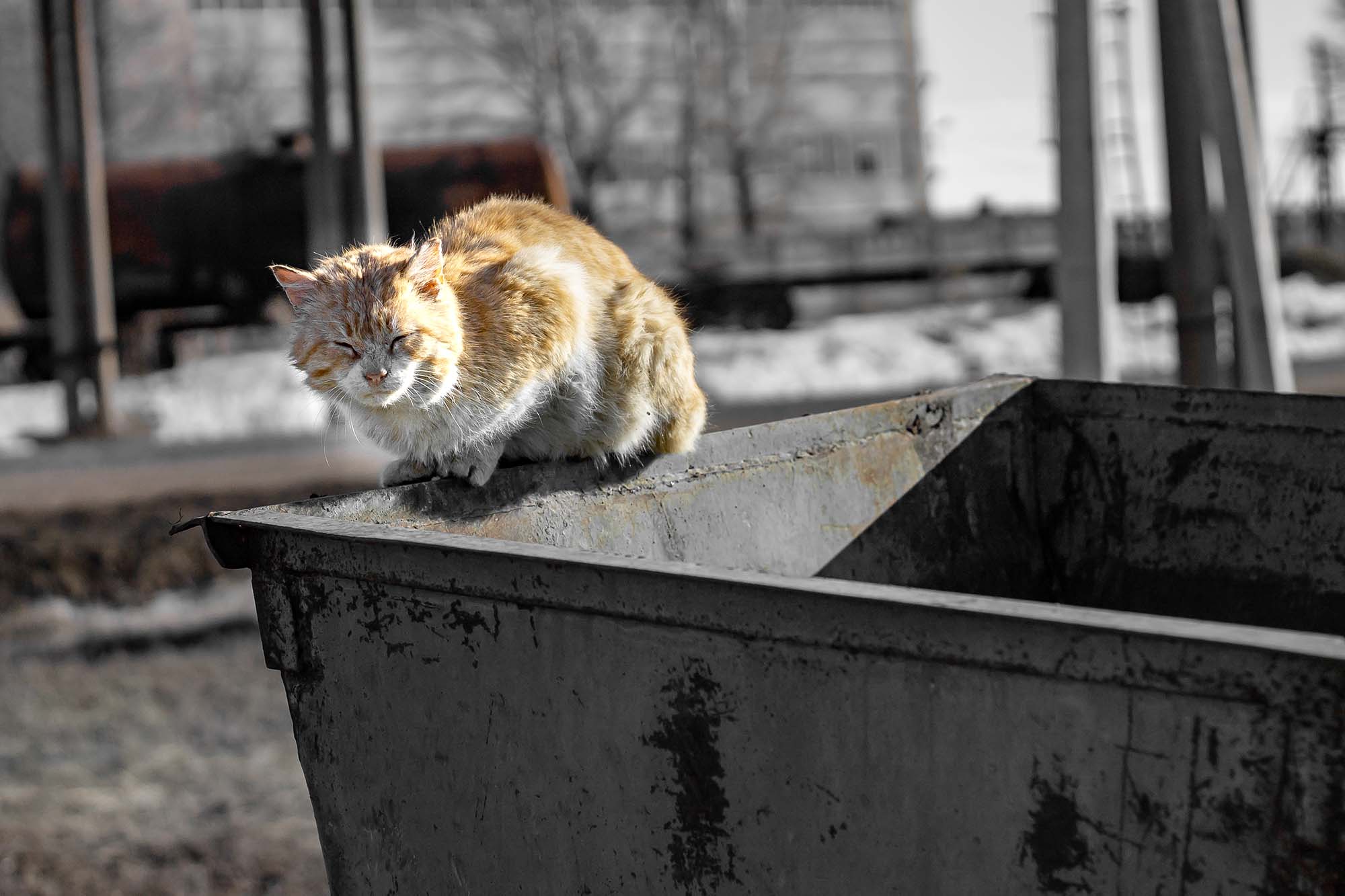


0 thoughts on “Why Do I Keep Getting Maggots In My Trash Can”